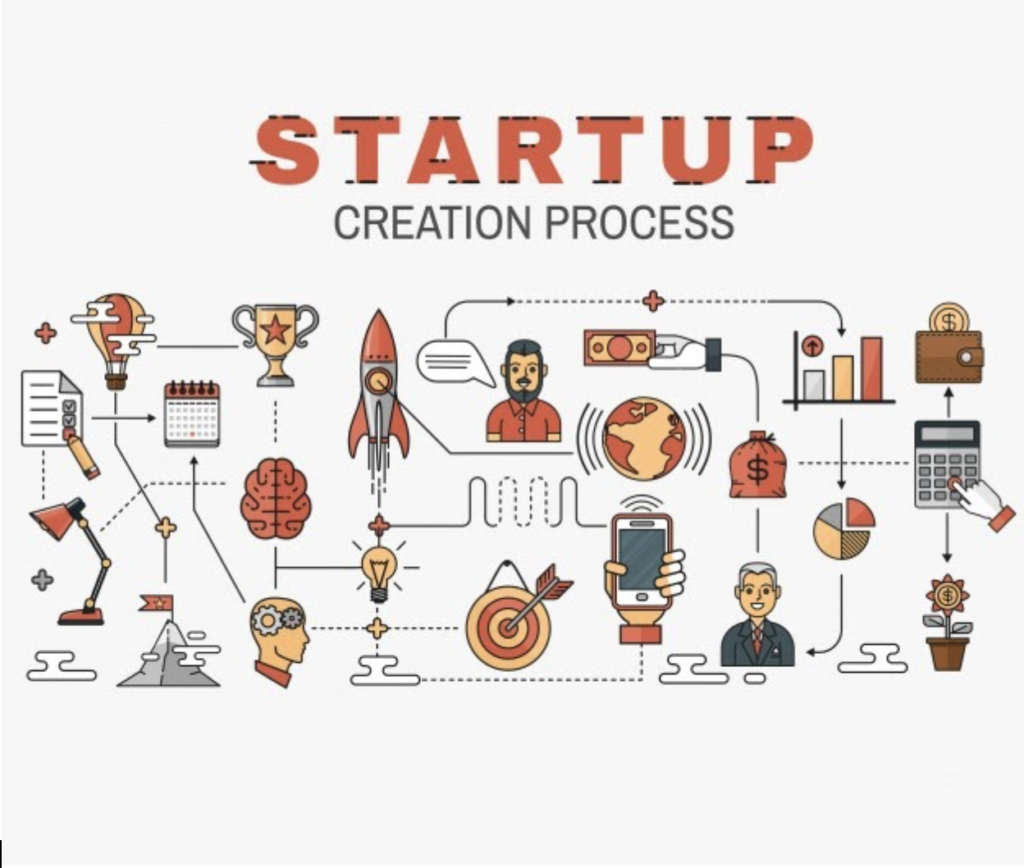Cut The Flab, Become A Lean Mean Startup


“Lean thinking defines value as providing benefit to the customer; anything else is waste.”
The Lean Startup methodology is a scientific approach to building a startup from the ground up at lightning speed and minimal risk. It is a concept founded by Eric Ries, an eminent American entrepreneur. He believes that innovation, which is the fundamental offering of a startup can be managed and that people can be taught how to manage it. The lean startup method is at its heart, a concept which focuses on accelerating product development and testing the proposed business model’s viability.

“The critical first question for any lean transformation is: which activities create value and which are a form of waste?
To transform your startup idea into a lean and agile one, you must first understand that the conventional means of operating a business cannot be applied to a startup. Secondly, you must unconditionally refrain from adopting a ‘just do it without any planning’ attitude. These are the two major major pitfalls most startups fall into, and the reason why they don’t ever scale-up and establish themselves at market leaders.
According to Eric Ries, a startup is, “a human institution designed to create a new product or service under conditions of extreme uncertainty”. So the first thing you need to do is bring in a process, which eliminates uncertainty and the best way to do that is by listening to the customers. Instead of spending months deliberating on how to build a product, focus on if you should even build the product in the first place. By listening to the voice of customers, you can determine whether or not they even want to engage with the product you’re planning on offering. Once you have that data, the uncertainty of it all is eliminated.
When you listen to your customers, you’re not just shooting in the dark you’re setting yourself up to hit the bullseye. For instance, in 2017, Adidas released a line of shoes made out of plastic waste into the market, and they sold over a million pairs in just that year. Their success can be attributed to the fact that instead of wasting time on mere ideas, they listened to the people’s need for sustainable commodities and gave them a product which they coveted, a product which not only felt good but also did wonders for the planet.
On the flipside, Nokia which could have been a market leader failed to listen to their customers, and kept on working on and releasing products into the market that nobody wanted to buy in the first place. Their operating system did not match the expectations of modern society and in turn, society turned its back on them.
This is the most essential prerequisite for building a lean and agile startup. MVP means “minimum viable product”. It is that version of a new offering which has the capacity to obtain the maximum level of validated learning about customers with the least amount of effort. It basically means that you quickly create the actual product and wait to see the customer’s reaction to it. The validated learning comes from seeing if the customers actually purchase the product or not. The benefit of doing so is that you gain in-depth insight into the customer’s level of interest in your product.
The feedback received can be used to further iterate and reach the perfect product offering in no time. The goal here is to create a viable product with minimum effort, which means that instead of spending 5 years developing an idea, you quickly put out a viable version of the product in the market and use the feedback received to iterate and evolve. It is by far the best way to get your product out into the world quickly before you lose traction and put out a product much later, which has no actual demand.
An example of a really good MVP adoption is Airbnb, they initially started off by offering cheap accommodation to people attending a conference in San Francisco on a simple web page and received offers from 3 distinct people willing to pay for their minimum viable service. Airbnb successfully put out a minimal version of their viable offering into the world and received validated learning from customers, which helped them iterate and scale-up.
What most startup’s fail to do is accept that business plan’s do not work. By following their business plan to the T, startup’s set themselves up for ultimate failure. Since business plans are created in isolation and are static documents that do not adequately account for failure which inevitably arises, they will fail to hold their ground in a real-life scenario. Moreover, they are not even tested for actual viability, they just have to appear convincing. While this approach may work for large enterprises, for a startup like yours, it is a huge waste of time and resources. In the words of Peter Drucker, “There is surely nothing quite so useless as doing with great efficiency what should not be done at all.”
Instead, you must learn how to fail early on and grow out of it quickly, and the only way to achieve that is by welcoming change and pivoting often. Once you determine that a particular version of an offering isn’t receiving any validated learning or positive feedback, learn from the incident, drop the version, iterate and test again until you find the perfect product-market fit. Do not let the disappointment of a single failure stop you from reaching your goals.
An example of a successful pivot is, Slack, which initially started out as a socialization game, upon not receiving a profitable outcome, they quickly pivoted and changed their entire direction. Today they are one of the biggest and most profitable professional messaging services in the world.
How we can help?
Here at Magic Factory, we are big believers of the lean startup methodology and the benefits that it can bestow upon a new business organization. That is exactly why we are determined to help startups scale up quickly by accelerating their product development with our remote developers who can be hired at extremely cost-effective rates. Hire with us now, and enjoy the benefits of remote developers on cloud at an agile cost base, bound to ramp up your startup’s growth and profitability.
With a promise to give your startup the competitive edge of a unicorn
Signing off,
Team Magic Factory